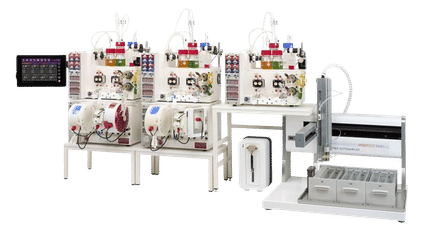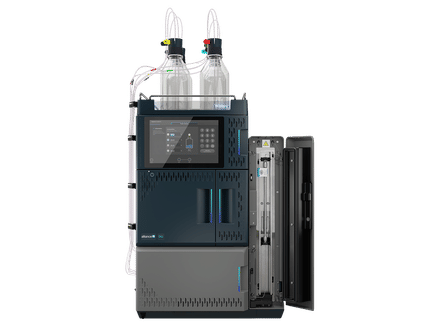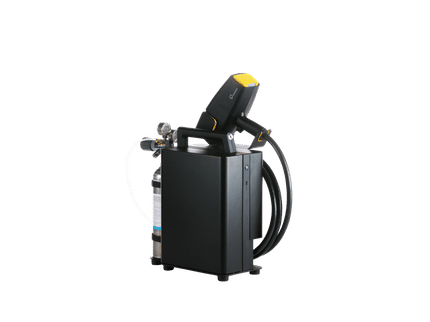To use all functions of this page, please activate cookies in your browser.
my.chemeurope.com
With an accout for my.chemeurope.com you can always see everything at a glance – and you can configure your own website and individual newsletter.
- My watch list
- My saved searches
- My saved topics
- My newsletter
Paul HarteckPaul Karl Maria Harteck (20 July 1902 in Vienna, Austria – 22 January 1985 in Santa Barbara, California) was a German physical chemist. He was arrested by the allied British and American Armed Forces and incarcerated at Farm Hall for six months in 1945 under Operation Epsilon. Product highlight
EducationHarteck studied chemistry at the University of Vienna and the Humboldt University of Berlin from 1921 to 1924. He received his doctorate at the latter under M. Bodenstein in 1926. From 1926 to 1928 he was A. Eucken’s teaching assistant at the University of Breslau.[1] CareerFrom 1928 to 1933, Harteck was a staff scientist at the Kaiser-Wilhelm Institut für physikalische Chemie und Elektrochemie (KWIPC) located in Dahlem-Berlin, where he worked with Karl Friedrich Bonhoeffer on experiments on parahydrogen and orthohydrogen. While at the KWIPC, he competed his Habilitation in 1931 at the Humboldt University of Berlin.[2] In 1933, Harteck went to do research with Ernest Rutherford at the University of Cambridge. Upon his return from England in 1934, he became an ordinarius professor and director of the physical chemistry department at the University of Hamburg. From 1937, he was an advisor to the Heereswaffenamt (HWA, Army Ordnance Office). In April 1939, along with his teaching assistant Wilhelm Groth, Harteck made contact with the Reichskriegsministerium (RKM, Reich Ministry of War) to alert them to the potential of military applications of nuclear chain reactions. From that year, his department as a whole did research for the HWA, with emphasis on uranium isotope separation. From 1940, with Hans Suess, his focus was on the use of heavy water as a neutron moderator. In 1941, his department constructed a conversion unit for Norsk Hydro for the catalytic production of heavy water. In 1942, especially with the help of Werner Heisenberg, Harteck circumvented an appointment in Russia. In February 1943, Harteck and his colleage Johannes Jensen suggested a new type of centrifugal isotope separation, which was adopted by the Anschütz Company. In late spring 1945, Wirtz was arrested by the allied British and American Armed Forces and incarcerated at Farm Hall for six months under Operation Epsilon. In 1946, upon his return from incarceration, he became director of the chemistry department at the University, a position he held until 1950.[3] [4] In 1951, Harteck became a resident professor at the Rensselaer Polytechnic Institute in Troy, New York, where he taught until 1968.[5] [6] Selected Literature
Books
Bibliography
References
|
|
| This article is licensed under the GNU Free Documentation License. It uses material from the Wikipedia article "Paul_Harteck". A list of authors is available in Wikipedia. |







